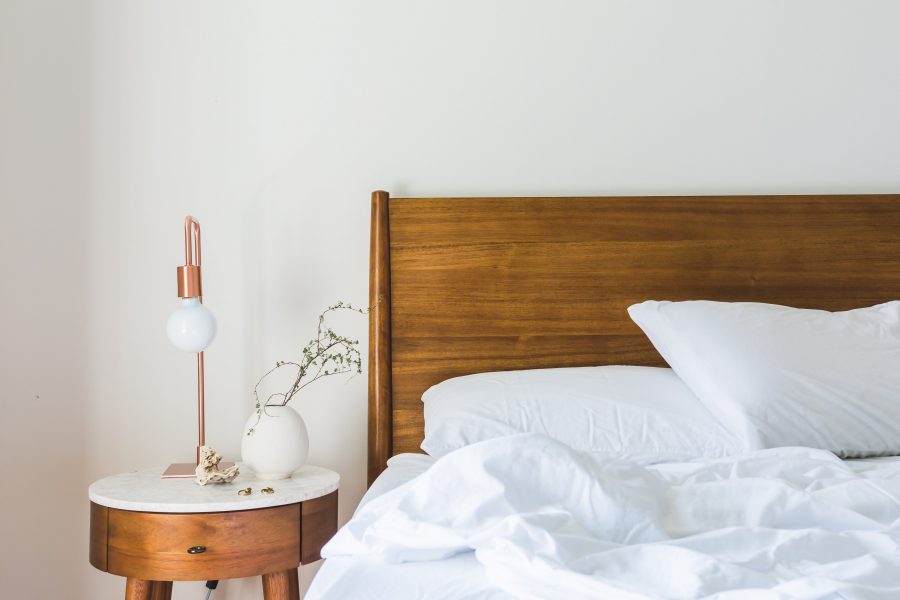Is this thing on?
Sleeping is not only enjoyable but also necessary in order for our bodies and minds to function properly. Restless nights can not only lead to some crappy mornings, but also a number of physical and psychological issues over time. If your bedtime often results in hours of tossing and turning, unable to “shut off”, here are some things you can consider:
Put your phone away
There’s a reason why most of us prefer to sleep in complete darkness or at the very least, dim lights. Studies suggest that the bright blue light coming from your smartphone and other devices like laptops, TVs, etc. interfere with the brain’s production of melatonin, the hormone that signals your body when it’s time to sleep. By staring into a screen, you might be confusing your brain into thinking it’s still daytime and thus, staying up longer than you might intend to, so shut off your phone, and give your brain the time to do its work.
Watch your light exposure
Your body has an internal clock, also known as your circadian rhythm, which can be affected by your light exposure. Studies suggest that daytime bright light exposure can improve the quality and duration of sleep, as well as the time that takes to actually fall asleep. And as we previously mentioned, overstimulation by artificial nights can interfere with the brain’s production of melatonin and thus affecting your natural clock. Make sure you are getting adequate sunlight, ideally as soon as you wake up, and ensure that the environment you are sleeping in is as dark as possible, and free of blue light exposure.
Keep your room cool
Although sleeping with a heather on can be comforting, especially this time of the year, it’s best to keep your space cool in order to have a better night’s sleep. The Harvard Medical School, suggests keeping the temperature “comfortably cool” somewhere between 60 and 70 degrees.
Avoid stimulants in the afternoon
That cup of coffee after lunch might feel necessary to get you through the day, but it might backfire later on. As you probably know, caffeine is a stimulant and can keep you up tossing around at night. It is recommended to avoid caffeine (coffee, tea, chocolate, sodas, etc.) four to six hours before time, in order to allow your brain to shut off.
Exercise, but not right before bed
Although exercise has been proven to improve your health and sleep, doing it right before might be interfering with your sleep schedule, due to the increase of hormones like adrenaline and epinephrine during exercise. Like caffeine, it can be a stimulant, so try to get your workout in earlier in the day.
Set a schedule
Waking up and going to sleep around the same time aide your internal clock and will likely increase your chances of a good night’s rest. Stick to this routine even on the weekends as much as possible, to avoid that “hangover” feeling when waking up on Monday mornings.
If all else fails, consult with your doctor. While a sleepless night can be normal here and there, long-term sleep deprivation can have some serious effects on your mental and physical health. There are many supplements and treatments that can aid and correct particular issues you might be experiencing.

